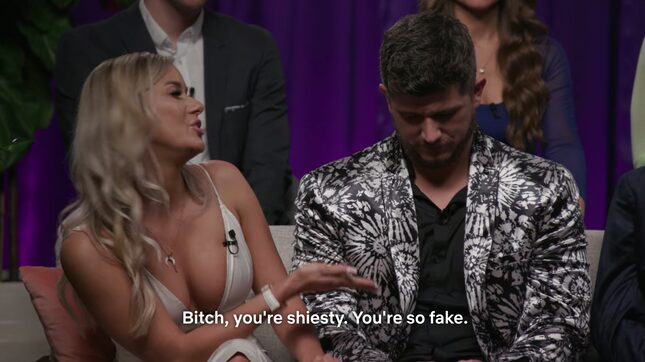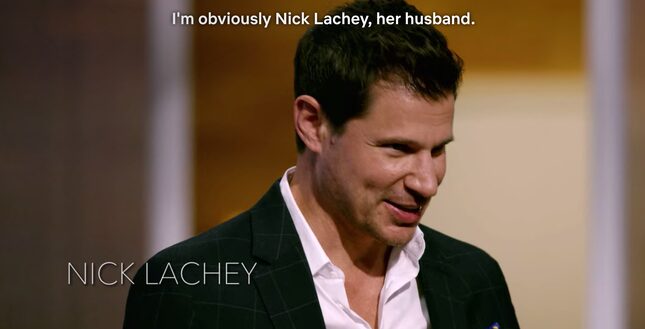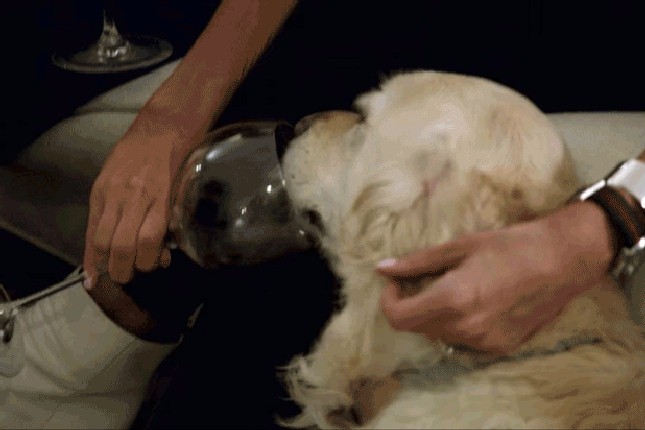

Love Is Blind has already embedded itself in the gossip ecosystem, with interviews and SEO-baiting headlines littering the websites of tabloids. Billed as a new spin on a time-worn format, the series follows a variety of Atlanta “content creators” and “fitness instructors” as they date each other blindly, before rushing into an engagement and hurtling towards marriage. All of this, should each couple make it to the finish line, takes place in just a month. Amid the hype, Netflix released the hotly anticipated reunion episode, a year after filming had wrapped on the show.
The weddings themselves were a gross overplay of the producers’ hands, strings so visible on each contestant, you could see them extending up to the ceiling, where shadowy figures jerked them around like puppets. Kelly and Kenny, who broke off their wedding at the altar, have since revealed in interviews that they never intended to get married since before they were even engaged, and had rehearsed leaving each other at the altar on camera, multiple times. Kenny told ET, “We were adamantly never going to get married.” A well-produced reality show would have surprised me with this information, but Love Is Blind’s entirely too predictable over-producing made this obvious every moment the couple was onscreen. Going into the reunion with that information, I was filled with nothing but dread.
The reunion episode, sadly, highlighted most of my problems with the show itself, especially its weddings. Good reality television creates coherence out of chaos, shaping the randomness of its often overly staged format into compelling dramas and hysterical romps. In doing this, shows within the Real Housewives franchise have lived on as meme-able fodder and widely regarded Sunday night staples. Even if tables are flipped or wigs are pulled, the franchise at least respects its participants enough to attempt to tell interesting and compelling stories about their lives. In Love Is Blind’s own canon, 90 Day Fiancé has swiftly risen in popularity for weaving genuinely compelling narrative arcs from the wild and even mundane lives of its cast members. While its onscreen situations are often extreme, producers still endlessly chronicle the minutiae of participants’ everyday experiences with some level of respect, taking care to poke and prod and shape something human and moving. Love Is Blind lacks that respect for its contestants and its viewers to create what is, essentially, bad reality television.

If you go by the narrative pushed by Netflix’s aggressive marketing campaign, the show portrays extreme and often ridiculous scenarios between its contestants. Hosts Vanessa and Nick Lachey (who introduces himself as, “Obviously, I’m Nick Lachey”) repeatedly assert that Love Is Blind is a daring “experiment” to see if love, like the title of this competition, “is truly blind.”
-

-

-

-

-

-

-

-

-

-

-

-

-

-

-

-

-

-

-

-

-

-

-

-

-

-

-

-

-

-

-

-

-

-

-

-

-

-

-

-









































